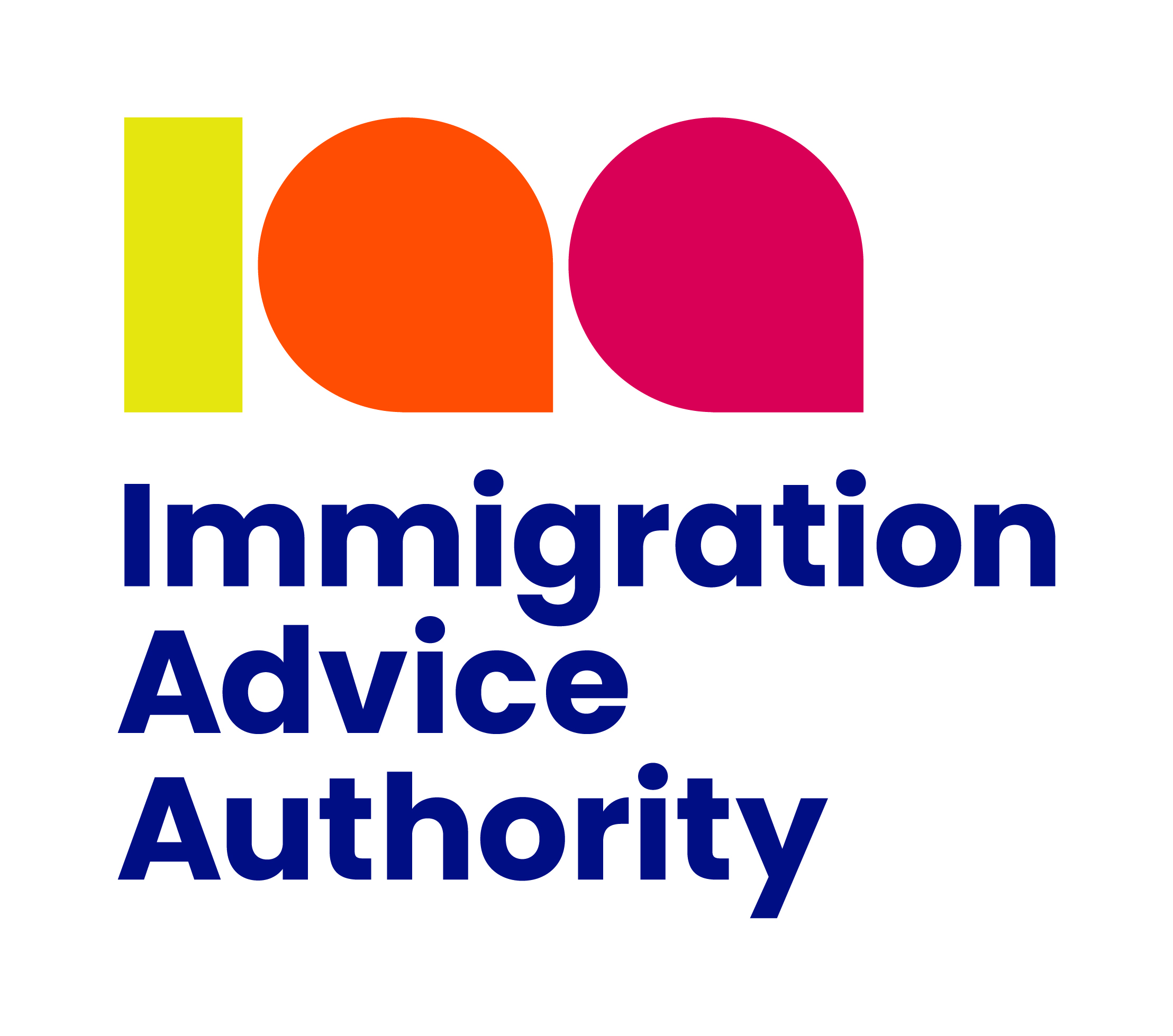
Germany visa application, appointment & everything you need to know
Germany visa application, appointment & everything you need to know
If you're planning a trip to Germany, securing your Schengen Germany visa is the first important step. This detailed Schengen visa guide explains the visa requirements, appointment process, application checklist, and everything else you need to know to travel smoothly.
Why visit Germany?
Germany is a country where history, innovation, and culture meet at every corner.
Vibrant cities: Explore Berlin’s rich history, Munich’s charming streets, Frankfurt’s financial heart, and Hamburg’s maritime culture.
Cultural treasures: Visit world-famous sites like Brandenburg Gate, Neuschwanstein Castle, Cologne Cathedral, and the Berlin Wall.
Events and festivals: Experience Oktoberfest, Christmas markets, and countless music, film, and art festivals across the country.
Scenic nature: Hike through the Black Forest, cruise along the Rhine River, or ski in the Bavarian Alps.

Schengen Germany visa explained
A Schengen Germany visa allows travelers to stay up to 90 days within a 180-day period in Germany and other Schengen countries. It’s mainly issued for tourism, business trips, family visits, or short-term studies.
You must apply for a Schengen Germany visa if:
Germany is your main destination (where you’ll spend the most time).
Germany is your first point of entry into the Schengen Area.
5 things to know before your Germany visa application
You can submit your Schengen Germany visa application up to six months before your planned trip.
Any documents not in German or English must be submitted with a certified translation.
Every application is reviewed individually. The German Embassy or Consulate may request additional documents.
Incomplete applications can lead to visa refusals.
Special rules apply for minor applicants.

Do you need a German visa?
You need a Schengen Germany visa if:
You are not a citizen of a visa-exempt country (like the U.S., U.K., Canada, Australia, Japan, etc.).
You plan to stay in Germany or the Schengen Area for up to 90 days.
Germany is your main destination or your first country of arrival in Europe.
Starting in late 2025, travelers from visa-exempt countries must register through ETIAS (European Travel Information and Authorization System), but ETIAS is not a visa.
Some nationalities require an Airport Transit (Type A) Visa if they are merely changing planes at a German airport without entering Germany.
Explore your options!
Schengen Germany visa requirements
When applying for a Schengen Germany visa, you must submit the following documents:
Requirement | Details |
Must be filled out, printed, and signed. | |
Passport | Valid for at least 3 months beyond your stay; issued in the last 10 years; 2 blank pages. |
Recent passport-sized photo, following Schengen visa guidelines. | |
Must cover €30,000 in medical emergencies and be valid in all Schengen states. | |
Visa fee | Adults: €90, Children (6–11): €45, Children under 6: Free |
Biometric data | Fingerprints and photo required unless exempt. Kids under 12 don’t need fingerprints. |
Travel itinerary | Flight reservations (not necessarily tickets) showing your entry and exit from the Schengen area. |
Proof of accommodation | Hotel bookings or an invitation letter from a host in Finland. |
Proof of visit purpose | Tourism: itinerary or bookings; Business: invitation letter; Family visit: proof of relationship; Medical: medical documents. |
Proof of financial means | Must show about €50 per day (can be bank statements, payslips, or sponsorship). |
Proof of return | Show ties to your home country (job letter, enrollment, property, etc.). |
Travel authorization for minors | If under 18 and traveling alone or with one parent, consent from both parents or guardians is needed. |

Schengen Germany visa appointment
To submit your Schengen Germany visa application, you must schedule an appointment at the German Embassy, Consulate, or a Visa Application Center (VAC) like Global Law.
Each applicant must book a separate appointment, even minors.
Children under 12 years are exempt from fingerprint collection.
Book your appointment well in advance, especially during busy periods like summer holidays and Christmas.
Get help you book your Germany visa appointment
Global Law is an award-winning UK immigration consultancy with offices in London and Dubai, boasting over 17 years of expertise in immigration law.
How to apply for a Schengen Germany visa easily
Applying for a Schengen Germany visa is straightforward if you’re well-prepared. Many travelers choose visa consultancies to avoid mistakes and speed up the process:
Get a custom checklist of required documents based on your specific situation.
Ensure your application form and documents are completed correctly and professionally.
Receive help booking your appointment at the embassy or Visa Application Center.
Align your flight itinerary and accommodation proofs to meet German visa standards.
Boost your approval chances with expert advice and error-free applications.
You are one click away...
Professional assistance can prevent rejections caused by small but critical errors.
Is Germany visa easy to get?
While no visa is guaranteed, Germany is known for having a transparent and organized visa processing system. However, if you're interested in the Schengen visas that are statistically the easiest to get, here's a report you'll find helpful!
Applicants with strong documentation, clear travel intentions, and proof of return to their home country generally enjoy a smooth application experience.
Maintaining a clean travel history and showing sufficient financial resources can greatly increase your chances of approval.
Apply for your Schengen Germany visa today!
Whether you’re drawn by Germany’s rich history, dynamic cities, breathtaking landscapes, or lively festivals, an unforgettable experience awaits you.
With a Schengen Germany visa, you can also travel across Europe freely without border controls.
Start your Germany visa application today and get ready to explore one of Europe’s most exciting and diverse countries!

FAQs
Is Germany part of the Schengen Area?
Yes, Germany is one of the founding members of the Schengen Agreement, allowing free movement between 29 European countries without internal border checks.
How much bank balance is required for a Germany tourist visa?
You must show proof of having at least €45–100 per day of your stay, depending on your accommodation and travel plans. Bank statements, income proofs, or sponsorship documents are accepted.
How to get a Germany visa from Turkey?
Turkish citizens need to apply for a Schengen Germany visa through the German Embassy or Consulate in Turkey. Applications should be made via the official visa service provider (such as iDATA), including submitting biometrics, proof of financial means, travel insurance, and supporting documents showing the purpose of the trip.
How to get a Germany visa from the UK?
Non-UK citizens residing in the UK (holding a residence permit) must apply for a Schengen Germany visa through the German Embassy or Consulate in London or Manchester. Applicants need a valid UK residence permit, proof of employment or study, travel health insurance, financial means, and a detailed itinerary.
Can I travel to other countries with a Schengen Germany visa?
Absolutely! A Schengen Germany visa allows you to visit all Schengen countries, not just Germany, as long as Germany is your main destination.
Do I need a visa if I hold a German residence permit?
No, if you have a valid German residence permit or a long-term Schengen visa, you can travel freely within the Schengen zone without applying for a new visa.
- Posted on: 28.04.2025
- By: Eray Eliacik
- Schengen
- Germany
About the author

Eray Eliacik
Eray is a seasoned writer and passionate traveler who has explored over 20 countries. With firsthand experience navigating visas and international travel, and a proven track record with reputable platforms like Dataconomy and Softonic, Eray now makes it easier for travelers to achieve their travel goals.
Related Articles

Austria visa: Application, appointment & everything you need to know
March 2nd, 2025
The Austria Schengen visa opens the door to stunning sights & culture. Explore now!

Belgium visa application, appointment & everything you need to know
April 12th, 2025
Learn how to apply for a Schengen Belgium visa, including types, requirements, fees, and tips for a smooth application process.

Bulgaria visa application, appointment & everything you need to know
April 17th, 2025
Learn about the Schengen Bulgaria visa, new entry rules, requirements, and tips for travelers planning to visit Europe.

